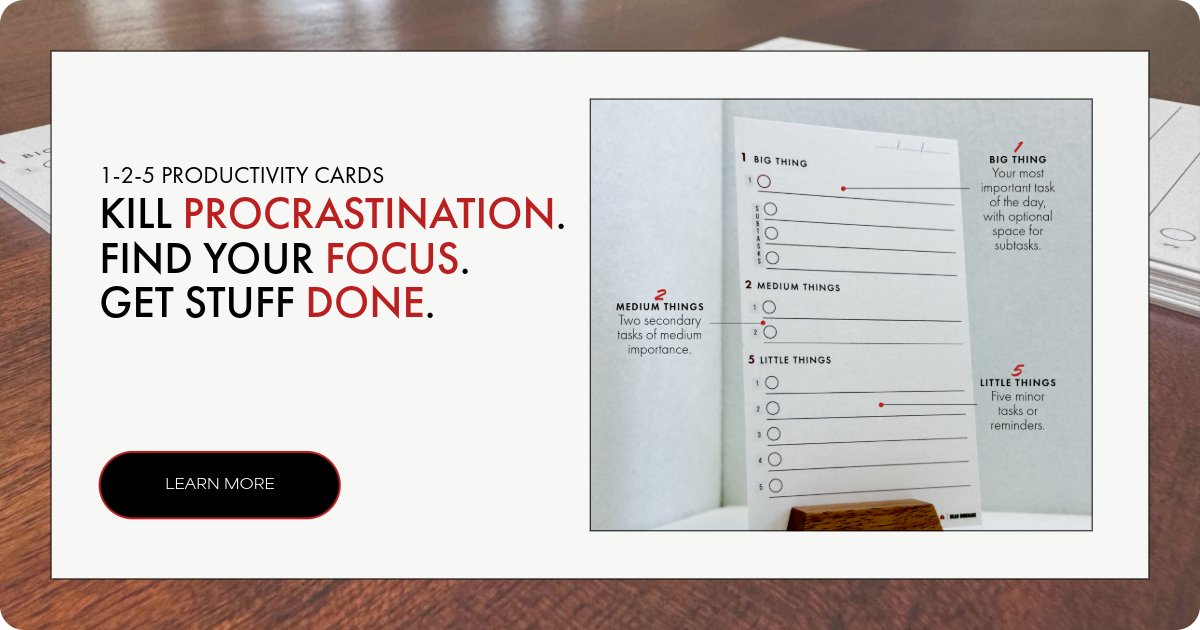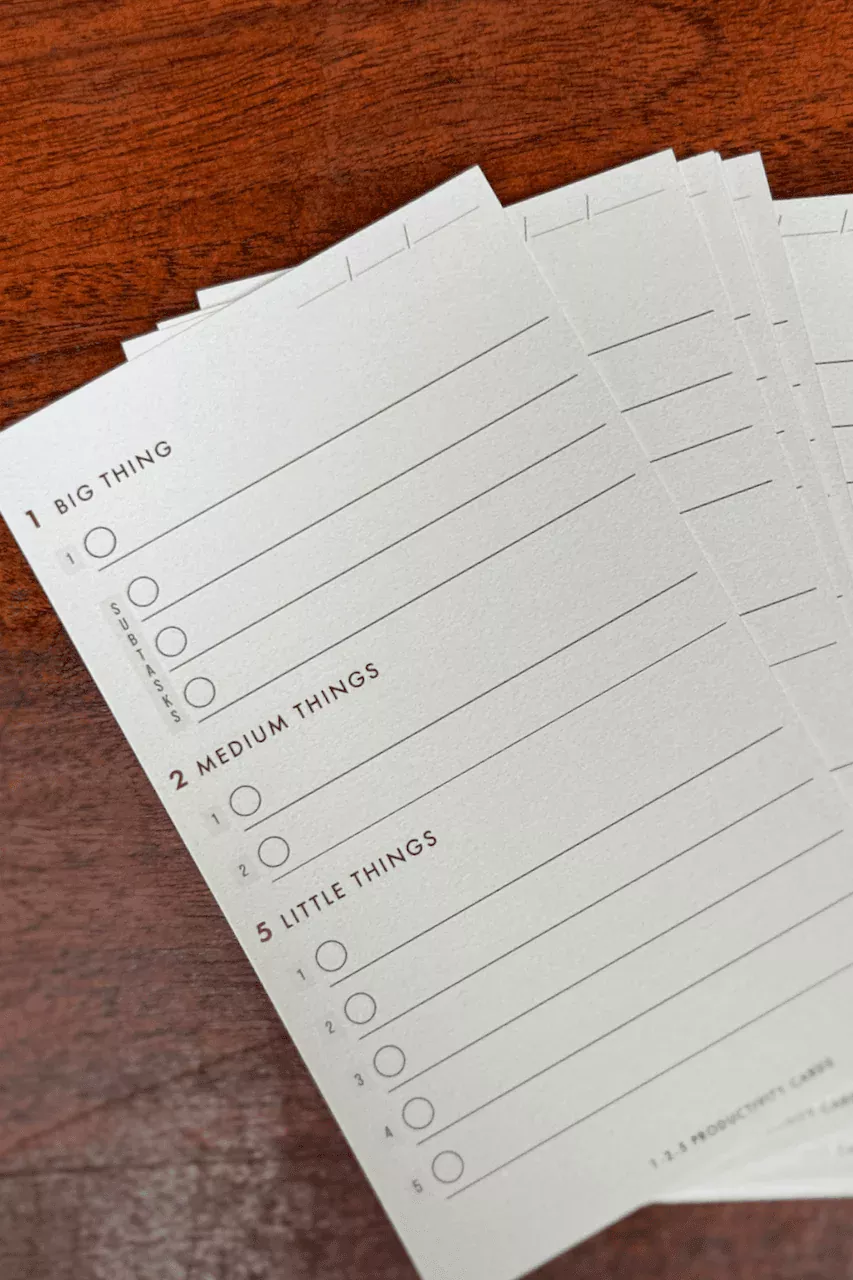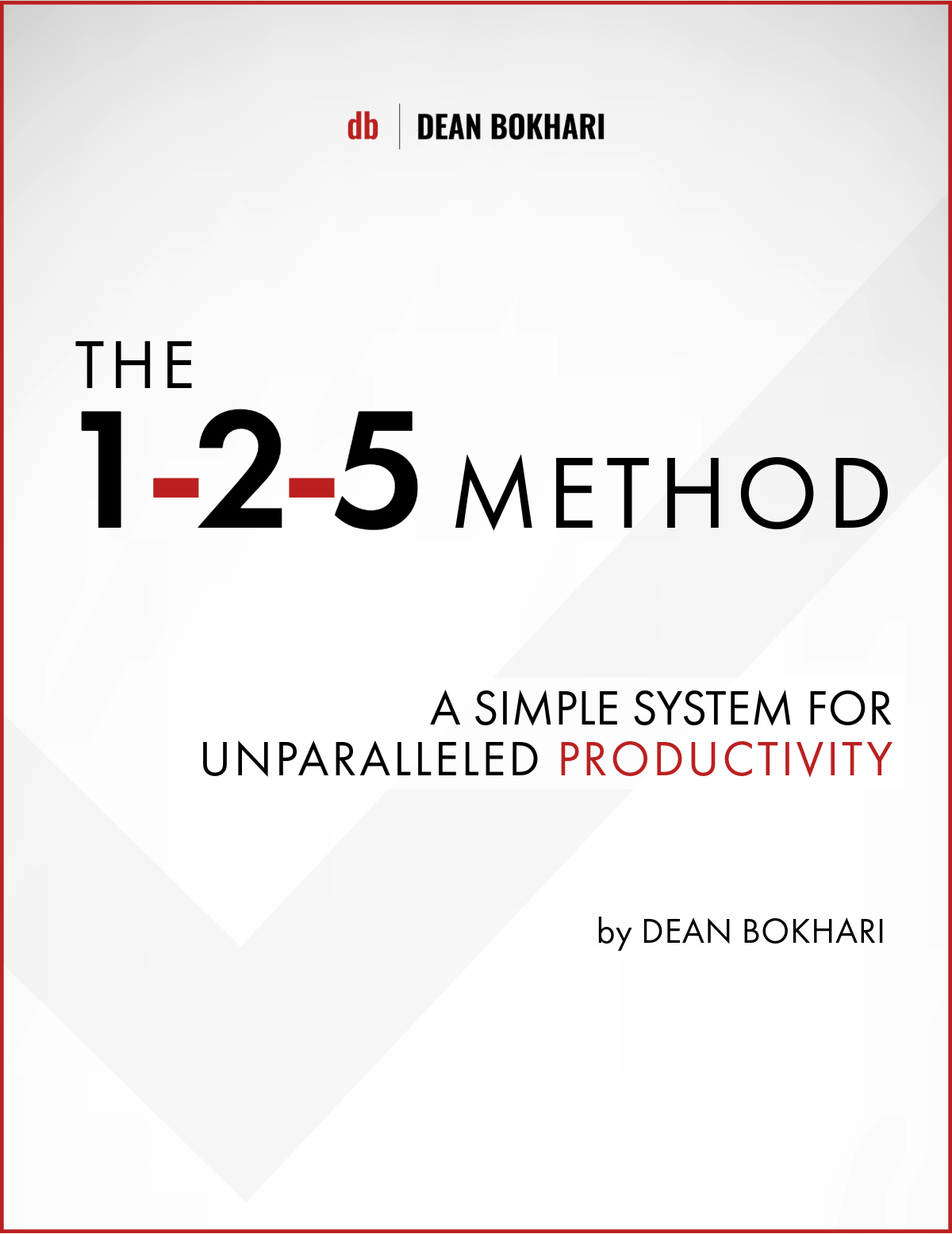How Humility Became a Virtue
Contributed by Beth Rush
Humility is often seen as a sign of strength and maturity. It involves recognizing one’s limitations and valuing other’s contributions. Embracing humility is an ingredient of personal growth and a fulfilling life.
Surprisingly, the now cherished quality wasn’t always seen as a positive trait. So, what is the origin of humility, and how did it become such a cherished virtue?
What is the Origin of Humility?
Most ancient societies valued displays of
strength and accomplishment. Leaders flaunted their power, warriors boasted of
their victories and social status was tied to perceived superiority. Humility
was taken to represent a lack of confidence and ambition. Admitting limitations
was considered a weakness. It was interpreted as a sign of being easily
conquered.
The concept of humility began to shift with the rise of certain philosophies. Thinkers like Aristotle and Seneca discussed the role of humility in personal development and ethical living. Stoicism, a Greek philosophy, highlights humility as a path to inner peace and wisdom. Confucius taught that this virtue contributes to moral excellence and social harmony.
Socrates believed that true wisdom came from recognizing one’s own ignorance — a humble stance that encouraged lifelong learning. These ideas challenged the focus on self-aggrandizement and paved the way for a new understanding of strength vs. weakness.
Religions also played a vital role in shaping how humility is perceived.
- Early Christians saw this trait as essential for spiritual growth — based on Jesus’ teachings. Jesus is depicted as the ultimate symbol of humbleness as he served others selflessly.
- Eastern religions like Taoism and Buddhism teach humility through the concept of “no self,” encouraging followers to let go of their ego.
- Islam emphasizes remaining meek before God and fellow humans, promoting a balanced and just life.
Several historical figures have also embodied the virtue throughout time and space, further reinforcing its importance. Leaders like Mahatma Gandhi and Mother Teresa demonstrated humility can inspire meaningful change.
Modern Perspectives
In modern times, humility is being examined
through the lens of psychology. Contemporary perspectives emphasize its impact
on mental health, personal growth and effective leadership.
Research shows that humble people have better relationships and are more open to learning. They also have greater emotional resilience and situational awareness and, as a result, experience less stress. Individuals with this trait tend to have a more accurate self-assessment. They recognize their strengths and weaknesses, which empowers them to accept feedback and learn from mistakes.
Humility is revered in society's leadership. Humble leaders inspire trust and respect. They listen to others and value their contributions — a collaborative approach that leads to better decision-making. Even in professional settings, modest leaders make subordinates feel valued, boosting morale. This results in higher job satisfaction and stronger teams.
However, cultural views on humility vary. In some, it is all about collectivism and community well-being. In others, humility means striking a balance between individualism and the collective, ensuring personal success doesn’t overshadow group harmony.
This just goes to show how humility is a versatile and adaptable virtue. Understanding and appreciating how other cultures define and value the trait promotes cultural humility — a factor that helps build honest and trustworthy relationships.
The Benefits of Embracing Humility
Embracing the virtue of humility offers numerous benefits for mental and pysical health and well-being, including:
- Fosters personal growth and self-improvement: Humility enables you to shed the “know-it-all” attitude. This opens you up to new information, varying perspectives and valuable learning opportunities. It allows you to learn from setbacks and navigate challenges with a clear perspective.
- Better mental health: The pursuit for self-promotion can be a recipe for stress and anxiety. Humility is the antidote. By accepting your limitations and embracing the journey to self-growth, you experience lower levels of stress, promoting a more positive mindset.
- Builds strong connections: Humble people are more approachable and value others’ opinions. They are good listeners, which supports effective communication and strengthens relationships.
- Boosts physical health: Most humble individuals enjoy positive relationships with others, helping them avoid stress. Maintaining low-stress levels contributes to a stronger immune system, mitigating conditions such as high blood pressure. They are also more likely to engage in beneficial activities like mindful eating because they value their well-being.
Above all, humility inspires positive change in others. When you’re humble, you encourage those you interact with to follow suit, much like the woman who was assisted by a humble nurse during her second delivery. She was so inspired by the health care assistant’s kindness that she decided to become a nurse herself.
Cultivating Humility in Daily Life
You can cultivate humility in your life with simple yet powerful practices. The aim is to balance being humble with self-confidence by recognizing your worth while valuing those you interact with equally.
- Acknowledge your limitations: Embrace the growth mindset by taking challenges as opportunities to learn and improve. If you’re in leadership, embrace humility to drive efficiency and productivity in the workplace.
- Show gratitude: Shift your focus from what you lack to what you have. Gratitude fosters a sense of humility and contentment, promoting a positive outlook on your life. Also, acknowledge others’ contributions and express appreciation for their input to nurture humility.
- Appreciate feedback: Seek constructive criticism from trusted sources. A coach, therapist or supportive friend can offer valuable insights to help you identify areas that need improvement.
If possible, surround yourself with humble people who inspire you to grow and be your best. Learn from their ways and incorporate their practices into your life. You, too, can be a positive role model for others. Over time, these habits will help you develop a more humble and fulfilling approach to living.
by Beth Rush • Managing Editor at Body+Mind
✨ New Series: How to Become an Early Riser
- Discover key methods to make early rising a habit
- How to wake up early + energized every morning
- Morning routines for health + success
Free self-development courses
👇
Tap on any of the courses below to start learning how to:
- boost your productivity (with GTD),
- get focused (with Deep Work),
- or learn the art of influencing others (with the How to Win Friends & Influence People course.)
All for free.
👇
Free life guides
👇
Best-selling Self-development courses by Dean Bokhari
Kill procrastination.
|
Get stuff done.
|
Get motivated.
|
Connect with anyone.
|
freshly pressed:
Top Audiobooks narrated by Dean Bokhari on audible | |
Book summaries
- The Power of Habit by Charles Duhigg
- 12 Rules for Life by Jordan B. Peterson
- Presence by Amy Cuddy
- Leaders Eat Last by Simon Sinek
- The ONE Thing by Gary Keller, Jay Pasan
- Deep Work by Cal Newport





































